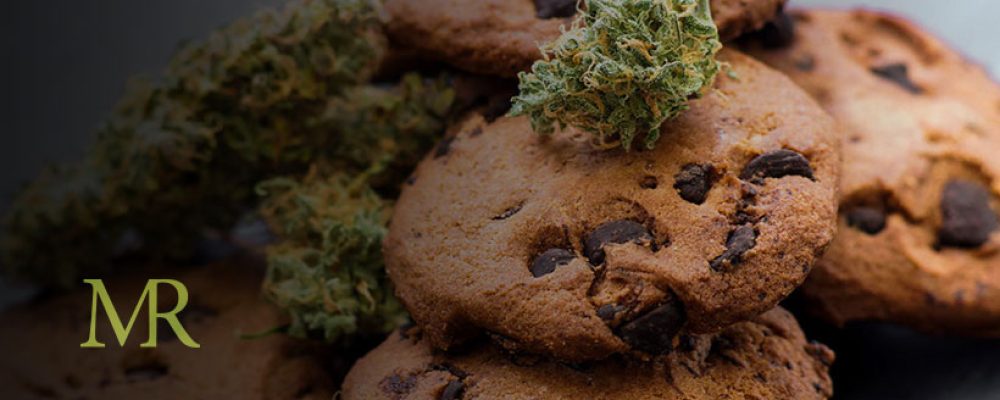Consumer caution means that sales of vape products are taking a hit while cannabis edibles are booming. The recent vape crisis has resulted in close to 2,000 illnesses and at least 34 deaths attributed to VAPI or EVALI, which stands for e-cigarette or vaping product use-associated lung injury. Cannabis connoisseurs wanting a lovely high without the health scare have switched their consumption methods too, moving away from vaping and moving toward noshing.
That’s not to say that everyone has quit vaping. Data also shows that in some areas, vape sales have inched higher over the past few weeks. Whether it’s a result of careful purchasing or not caring about potential health risks has not been determined.
Based on data provided by Marijuana Business Daily, since August 2019, edible cannabis sales have increased in Colorado, California, Nevada, and Washington State at a nice pace while at the same time, vape sales dropped. The first VAPI death was reported in Illinois that same month. The upward edibles trend is an opening in the legal marijuana marketplace, and not one attributed to the crazy candy month of October — at least according to the data firm BDS Analytics.
Some health industry experts suspected an additive was the source of vaping-related health problems. In early November, the Food and Drug Administration (FDA) confirmed that their test samples included vitamin E acetate, which is sometimes used as a thickening ingredient in marijuana products and also as an additive in vaping products.
“Customers are starting to ask more questions and be more concerned about the products,” said Alex Pasternack, the executive vice president of Binske, Denver-based edibles and vape manufacturer, to Marijuana Business Daily. “But the trickle-down effect hasn’t gotten to the brands yet.”
According to the data, edible sales made up 12.7 percent of marijuana sales in Colorado, 10.9 percent in Nevada and California, and 8.9 percent in Washington State — before August 2019. After August and as of the first week of October, edible sales increased to 15 percent in Colorado, 14.9 percent in Nevada, 13.6 percent in California, and 10.6 percent in Washington State. That marks a 2.7 percent increase (on average) in edible sales for those four states.
The CDC has advised the public to stop vaping. They also suspect that, although some patients with vape-related illness reported only using vape products with nicotine, black market vapes may be responsible for the crisis — after all, illicit products are unlicensed, unregulated and untested.


